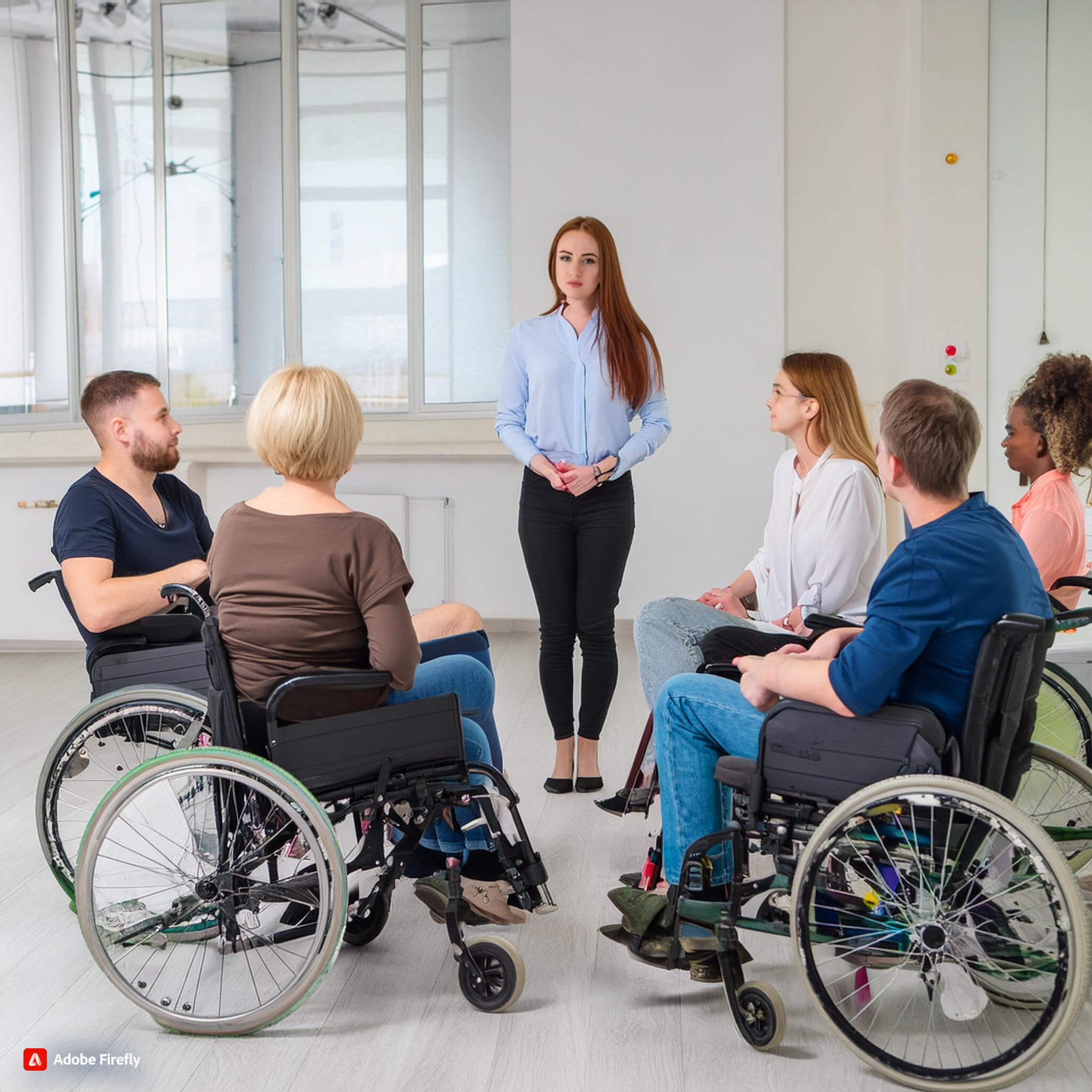Bereavement management for Auxiliaires de Vie Sociale
Auxiliaires de vie sociale/home helps work with vulnerable people, sometimes at the end of their lives. Their mission can then take on a form for which these professionals are not necessarily prepared.
What are the right words to use when accompanying a person at the end of life and their loved ones? What professional attitude is most appropriate in this case, and in the event of the person’s death? What actions can be put in place to best support all those involved? What attitude should be adopted in the event of the death of a person who has been cared for for months? These are just some of the questions that will be addressed during this training course.
In the homecare and social auxiliary professions, death, end-of-life support and bereavement are frequently encountered. Each situation is unique, but the relational and psychological implications are significant and can lead to situations that are sometimes complicated for these professionals.
It’s important for these professionals to be in the right place in terms of their positioning and reactions, and to know what actions can be taken to reassure them in their professional practice.
These professionals are constantly attentive to the needs and expectations of the people they help, as well as their families, but it is also important that they remain aware of their own needs and their own limits, in order to protect them psychologically.
Training objectives
- Understanding the challenges of end-of-life care
- Understanding grief and its mechanisms
- Adapt your professional posture to suit the circumstances and the people you are dealing with
- Better understanding the reactions of the bereaved
- Supporting the grieving process from an individual and institutional perspective
Detailed program – 2 days of 7 hours
SUPPORT AT THE END OF LIFE
- Understanding and expressing the regrets of people at the end of life to better support them
- Better understand the emotions and behaviors of people at the end of life and their caregivers
- Recognizing the psychological games played by caregivers and loved ones at the end of life
- Supporting the end of life through the 5 senses
UNDERSTANDING THE GRIEVING PROCESS
- Understanding the bereavement process in adults: acquiring knowledge, benchmarks and understanding its specificities
- Better understanding of associated emotions
ADAPT YOUR PROFESSIONAL POSTURE
- Discover the basics of active listening
- Coping with the grief of families and colleagues
- Identify the pitfalls to avoid (verbal and non-verbal communication)
- Know how to define and express your professional limits in this field
SUPPORTING THE GRIEVING PROCESS FROM AN INSTITUTIONAL PERSPECTIVE
- Reflect on concrete actions to be taken within the company, and with the family, in the event of the death of a cared-for person.
- Identify resource structures to which caregivers can be redirected
Accessibility
This course can be adapted on request for people with disabilities. In the case of videoconferencing, assistance in connecting to our teams software will be sent to you at the same time as your training invitation.
Quality indicators

Request for Information
Wesley Manceau
- Home help
- Managers of social structures
- Social auxiliaries
- No prerequisites
- Active teaching
- Oral presentation
- Quizzes
- Setting the scene
- Visual training aids
- Attendance sheets
- Certificate of completion
- Entry and exit tests (assessment of acquired skills)
- Needs analysis questionnaire
- Oral questions (case studies)
- Training evaluation form
- 2 p.m.
- On site
